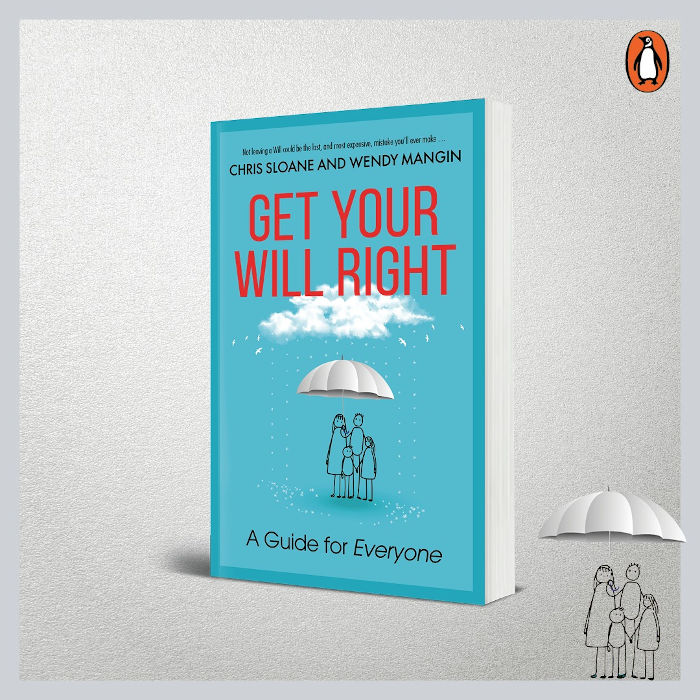On my mind: Neglecting your will can be a costly mistake
More about the book!

Many avoid discussing wills due to fear or discomfort, but intestacy can lead to assets being distributed against the deceased’s wishes.
Chris Sloane and Wendy Mangin, who have managed a collective 300 deceased estates, write about the importance of having a valid, up-to-date will.
Sloane and Mangin are the authors of Get Your Will Right: A Guide For Everyone out now from Penguin Random House SA.
~~~
Why do so many people not have a will or have a will that is incorrect?
We regularly deal with estates which are ‘intestate’. This means there is no will or no valid will and the distribution of the estate assets is then determined by rules set out in legislation and probably not according to the wishes of the deceased. Would you like your wealth to be distributed according to your wishes or according to the South African legal system rules?
We have had a few cases where a family member dies and the surviving children and siblings have the problem of sorting out the estate, which is why we strongly encourage our clients to discuss wills, but many families just can’t broach this subject. Husbands and wives won’t even have this conversation! There are various reasons for this, such as the very normal fear of discussing death, or the belief that, by bringing it up, we will be seen as money-grabbers, but ultimately, it’s leaving things to chance.
If you are married and have no children, it isn’t too much of a problem if you die without a will, as everything devolves upon the surviving spouse. However, where there are children involved, the picture changes completely.
The basic rule of intestate is that the surviving spouse gets a minimum of R250,000 and thereafter, it is largely split evenly between the children and surviving spouse. If there is a fair amount of value in the estate, the children also each get R250,000 and then the balance gets split evenly. If the estate was worth R2,000,000 and there are three children, the spouse and each child get R500,000. This would be a desired outcome in very few cases, namely because the husband and wife have generally built wealth up together, and the surviving spouse now sees three-quarters of this wealth going to the children. This can get even worse if the children are under 18, as the funds have to be deposited in the Guardians’ Fund until they come of age. The Guardians’ Fund is a government-run institution … need we say more?
We have managed several estates where the house of the deceased is the main asset. Let’s take the example above: if R1,500,000 of the value of the estate is for the house, the spouse and each child will have to own a quarter of the house. If all children don’t agree to this, the property will have to be sold to pay the three children out – very unlikely that this would have been the deceased’s intention.
If there is no spouse or children, the inheritance goes to the deceased’s parents, and if they are no longer alive, it goes to the siblings. We have seen cases where there is no close family, and the inheritance ends up with a fairly distant relative – often not someone the deceased would have even thought about.
If you have no family, leave your inheritance to a suitable charity.
And most importantly, ensure that you have a valid and up to date will.
- Get Your Will Right is out now from Penguin Random House SA!
~~~
This article was originally published in The Penguin Post, a magazine about books for book lovers from Penguin Random House South Africa.
Categories Non-fiction South Africa
Tags Chris Sloane Get Your Will Right Penguin Random House SA The Penguin Post Wendy Mangin
